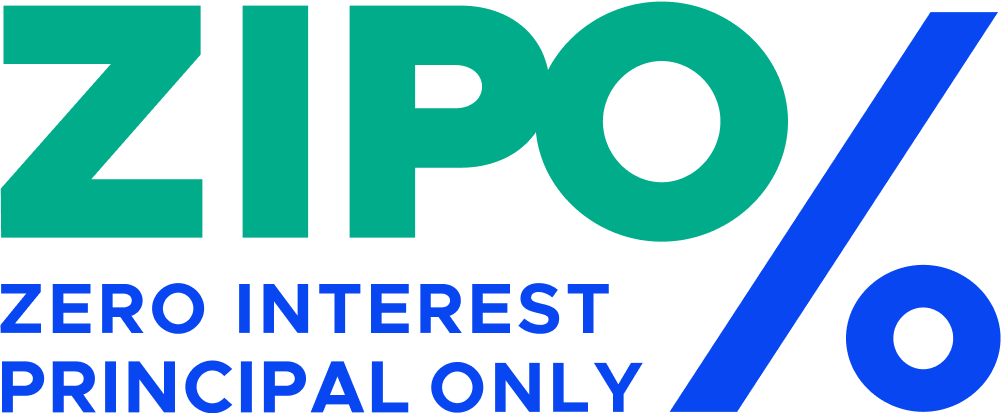NEWS
U.S. Student Loan Debt – What’s Behind the Debate?
The opportunity for students to pursue higher education not only impacts their ability to earn a stronger income, but also increases the number of educated people in the labor force that can help the United States to maintain its status as a global leader. Considering that all Americans benefit from having engineers, doctors and teachers in their communities, it can be confusing to see that people are at odds about how to solve the rising student debt crisis. The factors that surround this debate are multifaceted, and breaking them down provides insight into how zero-interest loans can be a unifying option for everyone to pursue together.
How Much Debt Do Borrowers Owe?
Just in the past two decades, student debt has doubled. Closing out 2020, around 43 million borrowers owed approximately $1.6 trillion in federal loans combined. When you add another $1.7 trillion in private loans to that, it is easy to see why people seeking a higher education is responsible for more debt than credit cards or auto loans. Although the sheer amount of the current remaining balances is enough of a concern, you’ll also want to know that students are taking on about 26% more debt now than they were 10 years ago due to rising tuition costs.
Who Is Taking Out Student Loans?
The total amount of debt is split in half between people who attended two and four-year colleges and universities and those who went to graduate school. The majority of people who leave higher education owe less than $20,000. However, about 6% of people who take out educational debt owe more than $100,000. While it seems as though people with lower balances should be able to pay off their amount faster, the truth is that they often struggle with doing so. This is because they typically have lower-level degrees that don’t lead to higher income positions compared to those who take out more substantial loans.
There is also a high degree of disparity among people from different backgrounds. People of color often take out larger loans compared to white students, and they have more trouble paying them off. Students who are American Indian, Black or Latinx default on their loans at higher rates compared to people who identify as white.
Is It Worth Borrowing Money for Higher Education?
With so much negativity surrounding large loan balances, people often wonder if it is worth taking on debt to obtain a higher education degree. Considering that people who have a bachelor’s degree earn over 1.5 times as much as someone with a high school diploma, simply telling people to opt out of college isn’t going to benefit anyone. Professional certificates and doctorate degrees can also help people to double their potential income, which can help to elevate people who come from disadvantaged backgrounds.
What’s Really Influencing the Debate?
If we know that higher education is still relevant for helping people to boost their income today, then one can’t help but wonder why so much controversy surrounds helping people avoid falling into staggering debt. The problem is that major decision-makers often can’t agree on the right solution.
Some people are waiting for President Joe Biden to issue a wide-scale declaration of loan forgiveness. While there is currently a pause on repayments for federal loans, no one can agree on how much forgiveness should be offered towards student balances. Nor, can politicians agree on whether any forgiveness should happen beyond what is already in place.
There is also a group of people that claim that it is time to reconsider the importance of higher education. These people advocate for career training programs that could be offered at a lower cost, but this still doesn’t address that the labor force needs people with higher education degrees.
The reason why zero interest loans is a viable solution to all of this debate is that it allows for everyone to win. The U.S. government won’t be on the hook for covering vast amounts of forgiven debt. Students will still be able to go to their preferred educational program. The only thing that changes is that paying down their balances will be easier.
As politicians bicker amongst themselves and the average American grumbles about their stance on the issue, millions of borrowers are being left struggling to handle their debt. Zero interest loans gives everyone something they can do today to improve the quality of life for everyone while still advancing the idea that higher education is worth the personal investment.
